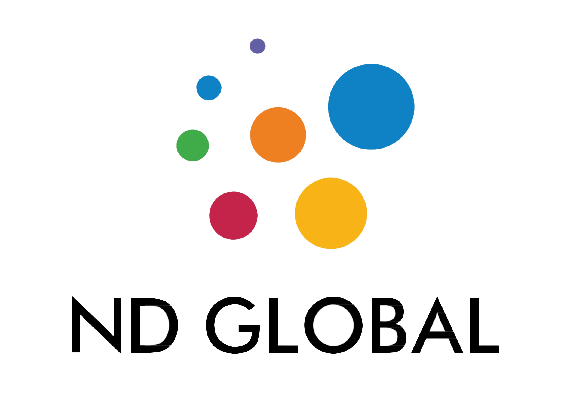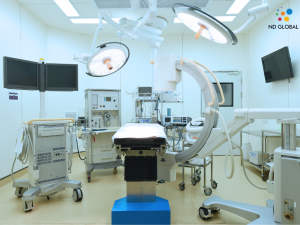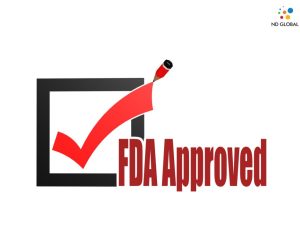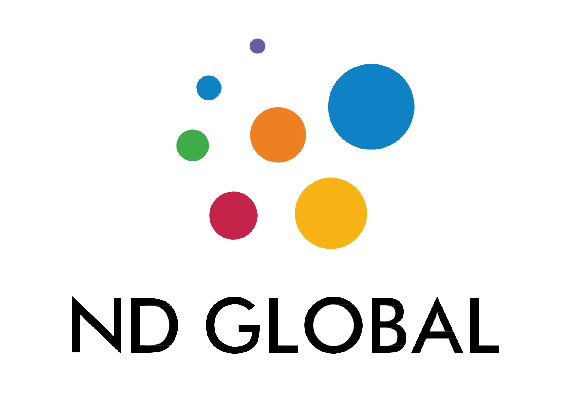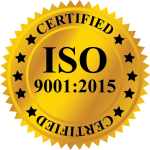The medical device industry is heavily regulated to ensure that products are safe, effective, and compliant with stringent quality standards. Audits play a critical role in maintaining these standards and can take various forms depending on their purpose and scope. Here’s an overview of the different types of audits commonly conducted in the medical device industry.
# 1. Internal Audits
Purpose: Internal audits are conducted by the company’s staff to assess compliance with internal procedures, regulatory requirements, and quality standards.
Scope: These audits can cover various aspects of the organization, including manufacturing processes, quality management systems, documentation practices, and adherence to regulatory guidelines.
Benefits:
– Identifies areas for improvement.
– Ensures continuous compliance with internal and external standards.
– Prepares the company for external audits.
Example: A company might conduct an internal audit to ensure that its new product development process complies with ISO 13485 requirements.
# 2. External Audits
Purpose: External audits are performed by independent auditors or regulatory bodies to verify compliance with industry regulations and standards.
Scope: These audits typically focus on regulatory compliance, quality management systems, and product safety and efficacy.
Types:
– Third-Party Audits: Conducted by independent certification bodies to verify compliance with standards like ISO 13485.
– Regulatory Audits: Performed by regulatory agencies such as the FDA (Food and Drug Administration) in the USA or the EMA (European Medicines Agency) in Europe.
Benefits:
– Provides objective assessment of compliance.
– Can lead to certification or approval necessary for market access.
– Identifies potential regulatory issues before they become major problems.
Example: An FDA audit to ensure compliance with the Quality System Regulation (QSR) for medical devices marketed in the United States.
# 3. Supplier Audits
Purpose: Supplier audits assess the quality management systems and compliance of suppliers or contract manufacturers to ensure they meet the company’s standards and regulatory requirements.
Scope: These audits can cover supplier facilities, production processes, quality control measures, and compliance with applicable regulations.
Benefits:
– Ensures the quality and reliability of materials and components.
– Mitigates risks associated with outsourcing.
– Strengthens the overall supply chain.
Example: Auditing a supplier’s manufacturing facility to ensure that the materials used in medical devices comply with regulatory standards and quality requirements.
# 4. Process Audits
Purpose: Process audits focus on specific processes within the company to ensure they are effective, efficient, and compliant with regulatory and quality standards.
Scope: These audits evaluate the methods, procedures, and controls involved in a particular process, such as sterilization, packaging, or software development.
Benefits:
– Enhances process efficiency and effectiveness.
– Identifies and mitigates process-related risks.
– Ensures consistent product quality.
Example: Conducting a process audit on the sterilization procedure to verify that it consistently meets the required sterility assurance levels.
# 5. Product Audits
Purpose: Product audits evaluate the final medical devices to ensure they meet the specified quality, safety, and regulatory standards.
Scope: These audits can involve inspecting finished products, reviewing documentation, and testing to verify compliance with specifications and regulatory requirements.
Benefits:
– Ensures that products released to the market are safe and effective.
– Identifies any deviations from quality standards.
– Supports regulatory compliance and product recalls if necessary.
Example: Auditing a batch of medical devices before shipment to verify that they meet all quality and regulatory specifications.
# 6. Compliance Audits
Purpose: Compliance audits ensure that the company adheres to regulatory requirements, industry standards, and internal policies.
Scope: These audits assess overall compliance with regulations such as FDA’s QSR, ISO 13485, and other applicable standards.
Benefits:
– Ensures regulatory compliance and avoids legal issues.
– Maintains the company’s reputation and trust with stakeholders.
– Prepares for regulatory inspections and certifications.
Example: Conducting a compliance audit to ensure adherence to the Medical Device Regulation (MDR) in the European Union.
Conclusion
Audits are an essential component of the quality assurance framework in the medical device industry. By understanding and implementing various types of audits—internal, external, supplier, process, product, and compliance—companies can ensure that they maintain high standards of quality and regulatory compliance. This not only enhances product safety and effectiveness but also builds trust with regulators, healthcare providers, and patients.
How ND Global Can Help You Navigate Audits in the Medical Device Industry
Navigating the complexities of the medical device industry requires a comprehensive understanding of various regulatory and quality standards. Audits play a crucial role in ensuring compliance and maintaining high standards. ND Global offers a range of services designed to help medical device companies effectively manage and excel in their audit processes. Here’s how ND Global can assist your organization:
# 1. Comprehensive Internal Audit Services
ND Global provides thorough internal audit services to evaluate your company’s adherence to internal policies and regulatory requirements.
Benefits:
– Objective Evaluation: Our experienced auditors offer an unbiased assessment of your processes and systems.
– Improvement Identification: Identify areas for improvement and implement corrective actions to enhance compliance and efficiency.
– Preparation for External Audits: Ensure your organization is well-prepared for external audits by regulatory bodies or certification organizations.
# 2. Expert External Audit Support
ND Global offers support for external audits, including preparation, execution, and follow-up.
Benefits:
– Audit Readiness: Prepare your organization for external audits by regulatory agencies such as the FDA or EMA.
– Audit Representation: Our experts can represent your company during audits to facilitate communication and ensure a smooth process.
– Post-Audit Assistance: Help with addressing any findings or non-conformities identified during the audit.
# 3. Supplier Audit Management
ND Global conducts thorough supplier audits to ensure your suppliers and contract manufacturers meet your quality and regulatory requirements.
Benefits:
– Quality Assurance: Verify that your suppliers adhere to required standards and provide high-quality materials and components.
– Risk Mitigation: Identify and mitigate potential risks in your supply chain.
– Improved Relationships: Strengthen relationships with suppliers through transparent and constructive feedback.
# 4. Process Audit Expertise
Our team performs detailed process audits to evaluate the effectiveness and compliance of specific processes within your organization.
Benefits:
– Process Optimization: Identify opportunities to enhance process efficiency and effectiveness.
– Regulatory Compliance: Ensure your processes comply with industry standards and regulatory requirements.
– Consistent Quality: Maintain consistent product quality through robust process controls.
# 5. Product Audit Assistance
ND Global offers product audit services to ensure your medical devices meet the specified quality, safety, and regulatory standards.
Benefits:
– Quality Verification: Confirm that finished products comply with all relevant specifications and regulatory requirements.
– Risk Reduction: Reduce the risk of non-compliance and product recalls.
– Regulatory Assurance: Support compliance with regulatory standards, ensuring safe and effective products.
# 6. Compliance Audit Services
Our compliance audit services ensure that your organization adheres to all relevant regulatory requirements and industry standards.
Benefits:
– Regulatory Compliance: Ensure adherence to regulations such as the FDA’s QSR, ISO 13485, and MDR.
– Avoid Legal Issues: Mitigate the risk of regulatory non-compliance and associated legal consequences.
– Reputation Management: Maintain your company’s reputation by demonstrating a commitment to high standards of quality and compliance.
